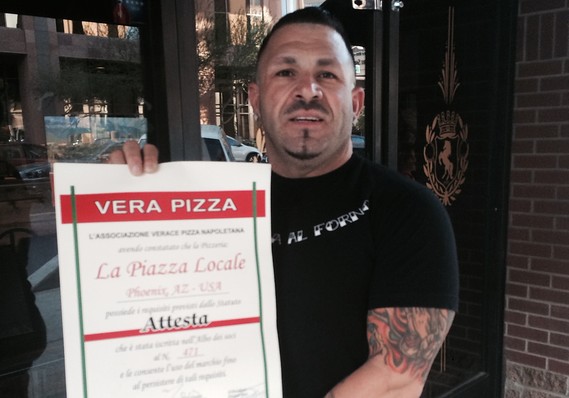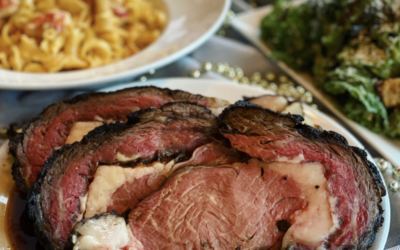http://www.marketwatch.com/story/america-has-only-76-true-pizzerias-2014-05-08
May 8, 2014, 2:08 p.m. EDT
America has only 76 ‘true’ pizzerias
They’ve been certified to ‘promote and protect true Neapolitan pizza’
By Charles Passy, MarketWatch
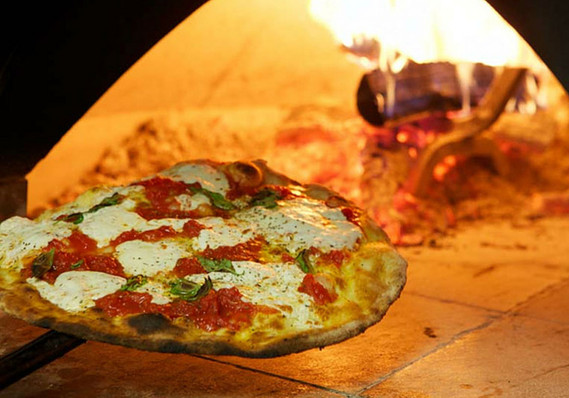
PHOENIX (MarketWatch) — Let pizza lovers in New York and Chicago sing the praises of their cities’ signature pies. As far as Justin Piazza is concerned, the two restaurants he runs in this Southwestern metropolis produce pizzas that are tastier and truer to the Italian tradition.
And, as he is quick to note, he has the piece of paper to prove it.
Piazza, a 40-year-old, American-born, third-generation pizza maker, is one of a growing wave of culinary entrepreneurs who have been granted the seal of approval from the Associazione Verace Pizza Napoletana, a nonprofit organization, founded in Naples three decades ago, whose mission is to “promote and protect … true Neapolitan pizza.”
In a sense, the association’s aims are similar to groups that safeguard everything from French sparkling wine to Italian cheese. But the goals differ in that the pizza people don’t say “true” pizza has to come from a specific locale. Rather, they say it can come from anywhere — so long as it is made according to the “traditional methods” and conforms to an exacting series of standards.
Indeed, to get his Vera Pizza Napoletana, or VPN, certification, Piazza says he purchased about $25,000 in specialty equipment, including a dome-shaped wood-burning oven (he went so far as to buy one he dubs “the Ferrari of ovens,” which features bricks made from the ashes of Mount Vesuvius). Additionally, he had to use certain ingredients, including a flour with what the association’s regulations describe as “an almost talcum powder–like appearance.”
Finally, he had to spend the better part of six months learning the proper pizza-making techniques, including handling the dough with a deftness that VPN boosters say approaches a kind of artistry.
Preserving the perfect Neapolitan pizza
An increasing number of pizzerias and pizza makers are getting certified as authentically Neapolitan. Some see it as a mark of quality, while others say it’s just a bunch of … pepperoni.
It was enough time, money and effort that it nearly resulted in a divide between Piazza and his father, Dennis, who honed his pizza-making skills in northern New Jersey.
“My dad told me I was nuts,” says Justin Piazza, who owns two La Piazza restaurants in the Phoenix area, and who sports a leg tattoo depicting Pulcinella, a beloved comical figure in Neapolitan culture.
With all due respect to his father, Piazza says there is no comparison between the typical New York pizza, which tends to be on the cheesier and breadier side, and the typical Neapolitan one, which tends to be a lighter, sparsely topped affair — a connoisseur’s pizza, in his view. “I frown upon people who say they want extra cheese,” he says.
Even Justin’s dad admits he’s a bit of a convert. “My son made me a believer,” says Dennis Piazza, though he adds that “there’s nothing like good New York pizza.”
Chicago’s classic deep-dish pizza is decidedly thicker — with hefty layers of meat, cheese and sauce. When Lou Malnati’s, a Chicago deep-dish chain, decided to introduce its version of a Neapolitan pizza, it offered it as an appetizer. “That speaks to what we think about it,” says spokeswoman Meggie Lindberg. The chain discontinued its Neapolitan offering since so few customers ordered it, she says.
The VPN program is relatively unknown in the U.S., with 76 restaurants — from Ré Napoli in Greenwich, Conn., to Spacca Napoli in Chicago to Mozzeria in San Francisco — having earned the certification. Internationally, there are nearly 500 certified; Italy has the most.
/conga/story/2014/05/pizzalocations.html 306803
Not only does the Associazione Verace Pizza Napoletana require pizzerias to spend serious, um, dough on equipment and ingredients; it also charges a $2,000 application fee. And U.S. applicants are encouraged to take classes at the association’s school in the Los Angeles area. A three-day program, at $1,650, includes tutorials in everything from “slapping the dough” to learning “how the plum tomatoes should be ground,” according to the course prospectus.
Despite all that, some pizza fanatics have reservations. Adam Kuban, founder of Slice, a blog that is part of the Serious Eats site, wrote in 2011: “A pizzeria should be judged on how its pizza tastes, not on what alphabet soup is on its sign, or on whether the toilet paper in its bathroom is imported from Naples.”
Kuban stands by those remarks but does now say that the VPN certification “establishes a default quality for pizza.”
Other pizza lovers admit they’ve never heard of the VPN program. “I didn’t know a pizzeria could be certified,” said Iiesha Grammatico, a Los Angeles sales representative who recently visited one of Piazza’s eateries. Even restaurant regulars have trouble describing exactly what the certification means. The closest Duayne Bellew, a Phoenix-area diesel mechanic, can come is calling it the pizza equivalent of “being kosher.”
Pizza association officials and owners of VPN-certified pizzerias say Neapolitan pizza is simplicity defined: The dough contains little more than flour, water, yeast and sea salt; the cheese is typically fresh mozzarella; and cooking time is a mere 60 to 90 seconds (those wood-fired ovens can easily reach 1,000 degrees). As simple as the recipe may be, learning the art of preparing the pizza is a whole other can of tomatoes, so to speak, boosters say (preferably, San Marzano tomatoes from Italy).
Justin Piazza holding his VPN pizza certification in front his downtown Phoenix pizzeria.
“It’s a commitment,” says Peppe Miele, president of VPN Americas, the pizza association’s U.S. arm. The Naples-born restaurateur headed two pizzerias in Los Angeles that opened in the ’90s — one was the first to get VPN certification in the U.S., he says.
Other VPN boosters are similarly obsessed with authenticity — so much so that they won’t even describe their product in American terms.
“We make pizza, not pie,” says Stefano Fabbri, the Italian-born proprietor of Pomo Pizzeria Napoletana, another Phoenix VPN-certified eatery. “When you taste this pizza, you feel it,” he adds.
A Neapolitan pizza has a maximum diameter of 11 inches, per the pizza association’s rules. By contrast, a New York pizza often measures 18 inches.
But as much as VPN is finding a home in America — among the newest certified pizzerias are ones in Fort Worth, Texas, and Bellevue, Wash. — the program largely came into existence in 1984 to preserve the pizza-making tradition in Naples, according to Miele.
As pizza thrived in the U.S., Italian pizza makers started copying the American approach, he says. It isn’t that other styles are bad, he adds; it’s just that they’re not, well, authentic.
Miele points to one of the more recent trends in Italy — topping pizzas with hot dogs and french fries as something of an attempt to out-American the Americans.
“Our goal is to protect the traditional recipe,” he says.

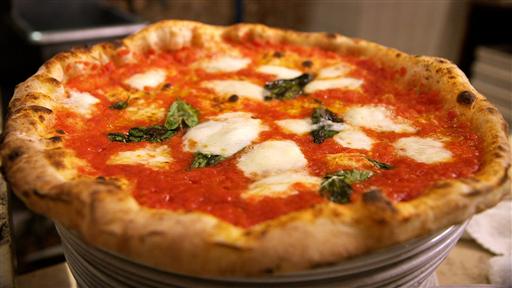
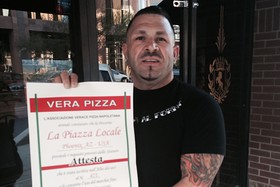 Courtesy Justin Piazza
Courtesy Justin Piazza
